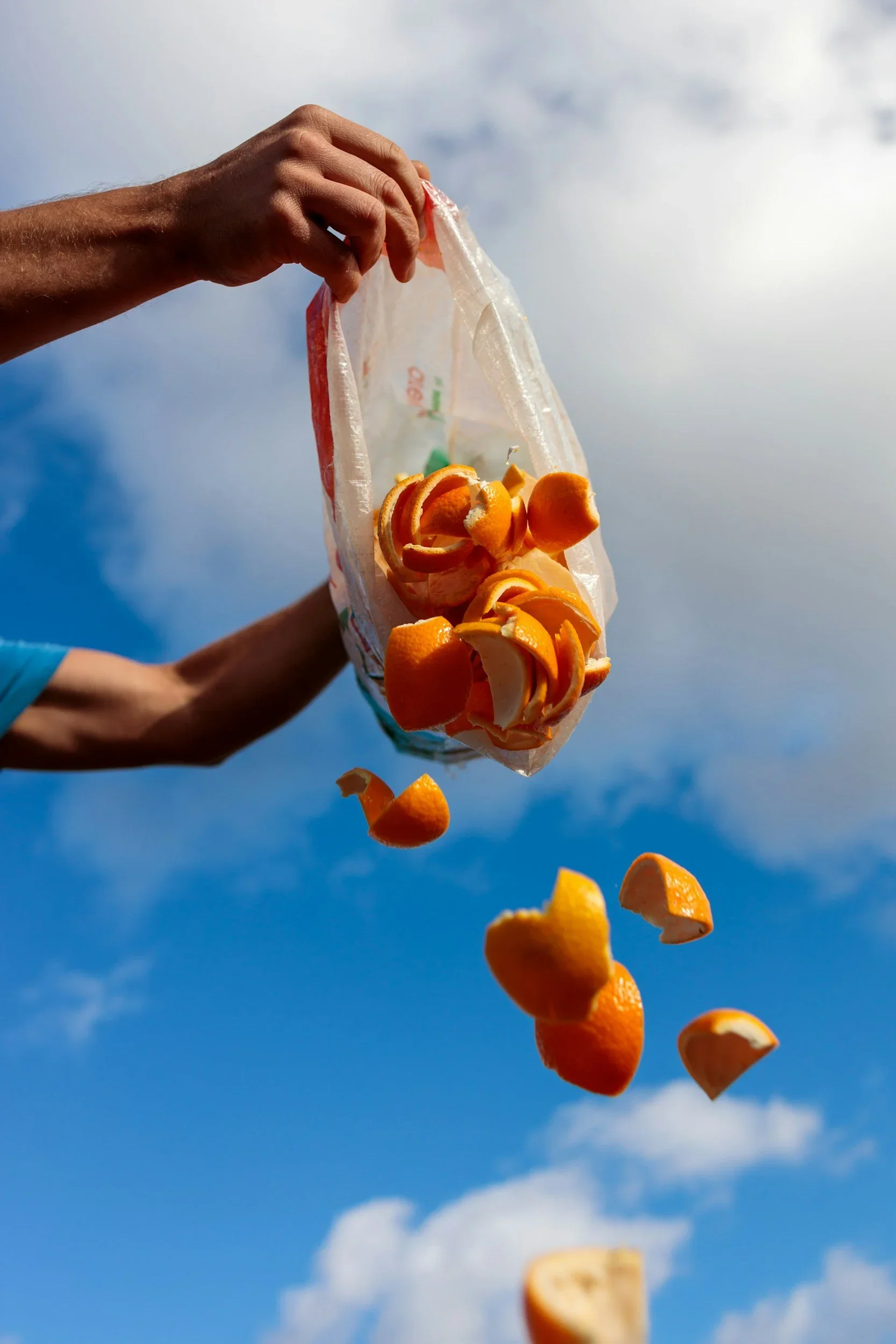COMMUNITY BLOG
KC Can
for the Greener Good
Why Composting Is a Climate Solution, Not Just a Feel-Good Habit
Composting isn't just for gardeners or green thumbs. It's one of the most powerful actions we can each take to fight climate change and restore the health of our local soils.
Sustainable Student Life: Managing Eco-Friendly Cooking at College
Guest Contributor: Georgetown University Student, Diya Gundlapalli
KC Can Cheer on the Chiefs—And Compost!
If you’re local to Kansas City, you’re likely getting pumped up for Super Bowl Sunday and the chance to see the Chiefs win yet again!
How to Save a Planet: A Podcast for the Eco-Conscious Optimist
If you’re reading this, it’s likely you already consider climate change to be a serious problem. But even if–or especially if–that’s the case, you might feel like the conversations around environmentalism to be a lot of doom and gloom.
Drinking Straws
You may recall the campaign a few years ago urging us all to give up drinking straws because they’re killing the sea turtles.
Let’s be real: even though Americans use 500 million drinking straws per day, this is far from the biggest part of the problem when it comes to ocean plastic. The people behind that campaign chose it not because drinking straws are the biggest contributor, but because it’s the “gateway drug” of zero wasting. Reducing or eliminating straws from your life is a great, easy first step.
Zero Waste Wednesday: Paperless Towels
Some things are so ingrained in our routines that we never think to question if there’s another way. Paper towels are one of those things.
Don’t panic: if you’re totally in love with your paper towels, you can keep using them and no one will think less of you for it–that is, as long as you remember that they’re compostable and you dispose of them appropriately! Especially when it comes to gross messes, sometimes it’s nice to clean up with something that you can just toss when you’re done.
Liquid Death: Environmentalism for Everyone
Let’s start with the obvious: bottled water is just the worst.
In a country where (for the most part) potable water flows from our faucets and drinking fountains, it’s astounding that we use 15 billion gallons of bottled water every year.
Of course, sometimes there are moments that merit the use of bottled water–for example, there’s a water main break in the area and you can’t trust the tap water today. Or you’re having a massive party and don’t have enough cups for everyone. Or you forgot your reusable water bottle. Or you live in Flint, Michigan, where people are still dealing with the fallout from the 2014 water crisis.
But why does it have to come in plastic? It’s not great for our health and it’s really not great for the planet.
Food Waste Friday: Growing Your Own Herbs
If you’re an experienced gardener, you can go ahead and skip this post. I am not an experienced gardener, and I’m certainly not here to offer gardening tips to people who already know a lot more about not killing plants than I do.
The Kansas City Beacon: The growing green jobs industry could mean more jobs for Kansas Citians
Before securing a position as a manager at KC Can Compost, a nonprofit dedicated to reshaping Kansas City’s approach to environmental and social causes, Chris Shelar was unhoused off and on for eight years.
Now 60, Shelar lived in outdoor spaces and panhandled for change to get by. Eventually, he found steady work as a cook with Shelter KC: A Kansas City Rescue Mission. His job in the kitchen led to his connection with KC Can Compost, which pursues a dual mission of diverting food and other organic waste from landfills while providing jobs for people who face barriers for employment.
Zero Waste Wednesday: Zero Waste Pioneer
You may have heard of Bea Johnson. After all, she has given 400 talks in 70 countries and 6 continents, and she literally wrote the book on being zero waste. She’s well known for the mason jar that holds all her family’s annual trash.




















